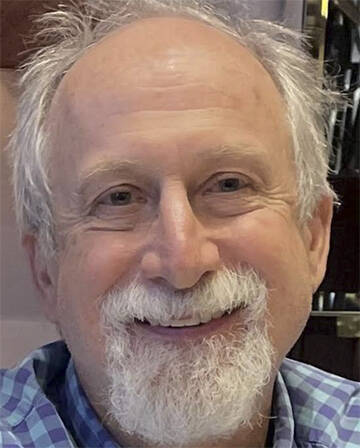What is happening with the development of a Groundwater Management Plan for Bainbridge Island?
The process is moving along but is only about halfway there. Given that, why do we hear that our groundwater supply is “sustainable”?
Here is some background:
In late 2018, the Environmental Technical Advisory Committee provided the City Council and city staff with a recommended process for developing a groundwater plan. It was not a novel idea, as many nearby jurisdictions have developed such plans.
For a variety of reasons, BI’s development of the plan has been challenging.
There have been many studies of groundwater on BI, most recently by U.S. Geological Survey and Aspect. In recent modeling, with an assumed 50% increase in groundwater pumping and a 20% decrease in groundwater recharge to account for population growth and climate change, the 100-year predictions show that the water supply will be only slightly impacted for humans. However, what tends to be de-emphasized is that the modeling results and water budget analyses show there will be up to a 50% reduction of flows from groundwater to surface water.
Why should we care about that?
If all we care about is being assured that when we turn on our tap we get water and not long-term sustainability, then that reduction in surface water flows to streams and wetlands is not a concern.
Back in 2006, the city contracted with Aspect to come up with a red-flag standard relative to their groundwater-level monitoring program. The somewhat arbitrary standard was to allow up to 0.5 feet of water-level decline every year (termed an “early warning level”). That standard is fine as a way to flag monitoring data, but not as a scientifically -defensible definition of “sustainable.”
So what does “sustainable” mean in the water world? A 1999 USGS report on the sustainability of groundwater resources defines it as “development and use of groundwater in a manner that can be maintained for an indefinite time without causing unacceptable environmental, economic or social consequences.”
Similarly, California’s 2014 Sustainable Groundwater Management Act defines it as the management and use of groundwater in a manner that can be maintained without causing undesirable results. Examples of undesirable results include: chronic lowering of groundwater levels (as would be allowable with EWLs); significant and unreasonable seawater intrusion; and surface water depletions caused by groundwater pumping that has significant and unreasonable adverse impacts on beneficial uses.
Why has there not been an open discussion of probable impact to streams and wetlands on BI? Why has it not been clearly communicated that this trade-off may mean a drying up of many island streams and wetlands in the future? In some cases, it could nullify the millions of dollars being spent to remove culverts and improve salmon habitat on BI. With significant reductions in streamflows that could sustain fish, those efforts may be wasted.
It has been mentioned that the groundwater supply problems on BI are just a matter of certain wells in certain parts of the island, and not necessarily an island-wide issue. We admit that there is much potential for shifting pumping between the various aquifers and locations on the island to alleviate some of the localized supply issues. However, the purpose of the groundwater plan is to look at BI as a whole, focusing on an island-wide water budget.
Assuming that pumping will increase in the future with population growth and climate change impacts, what can we do to preserve streams and wetlands and prevent saltwater intrusion? One thing would be to reduce the rate of the pumping increase through water conservation measures. Ways to offset increases in pumping include efforts to increase recharge to the aquifers.
The most commonly used methods to do that are through wastewater reuse and stormwater retention. But the most important action that Bainbridge citizens can take is to let the council and city staff know how they feel about the probable loss of streams and wetlands if the current trend continues. And if that is of concern to you, please do not stop caring when city officials assure you that your water supply is “sustainable.” Be skeptical and ask questions.
Charlie Kratzer is a hydrologist and was chair of the Environmental Technical Advisory Committee until August.



